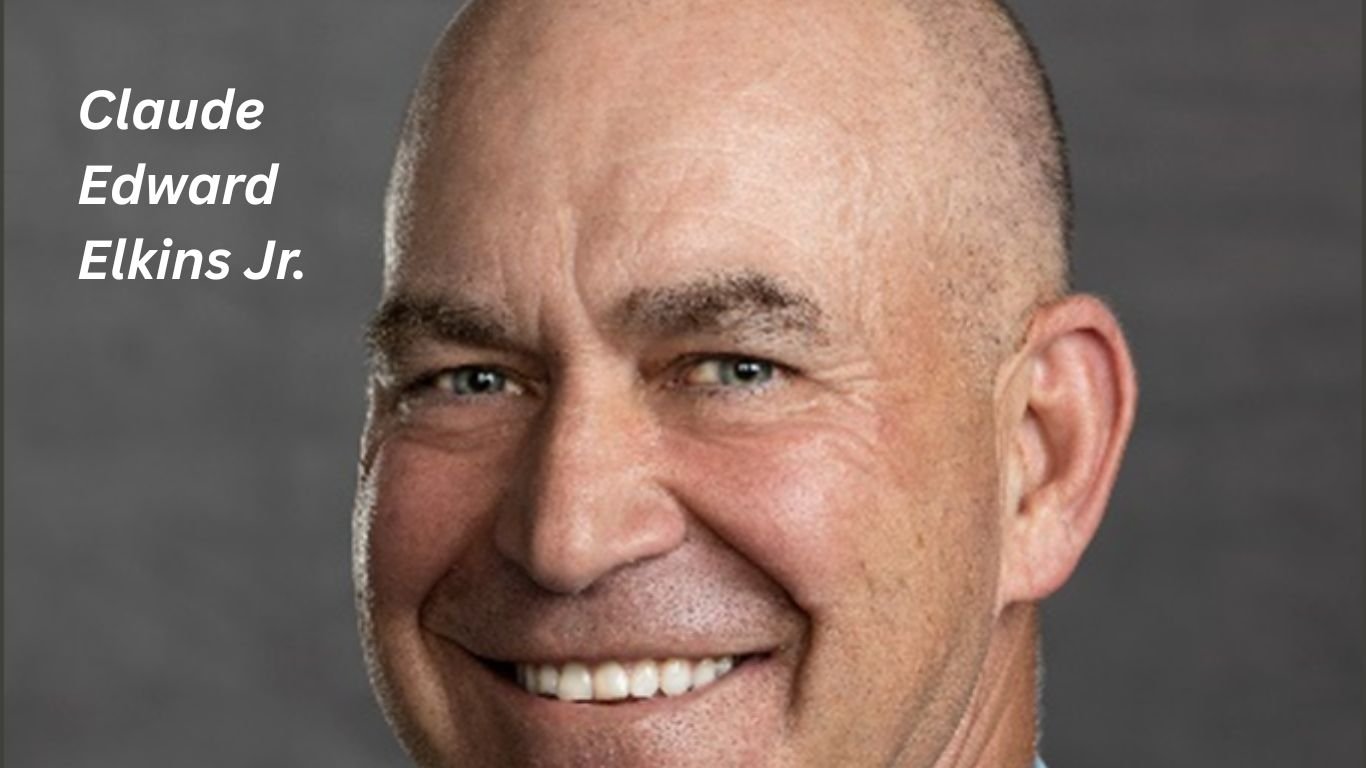Overview
The name Claude Edward Elkins Jr. conjures up images of tenacity, fortitude, and change. His career epitomises the challenges and opportunities of corporate America, as evidenced by his ascent from the lowest echelons of railway operations to the executive suite. Although he is praised for his leadership as Norfolk Southern’s Executive Vice President and Chief Commercial Officer, his narrative also teaches us about perseverance, flexibility, and the difficulties of overseeing expansion in one of the most cutthroat sectors.Q2.
In addition to motivating Norfolk Southern staff, his professional life serves as an example of how amazing accomplishments may result from a dedication to learning, growing, and comprehending the company from the ground up. Claude Edward Elkins Jr.’s path is both inspiring and humble, illustrating the advantages of ambition and the drawbacks of pressure that accompany high-level leadership.
Foundation of Education and Early Life
Claude Edward Elkins Jr.’s life starts in Southwest Virginia, which helped to mould his principles of hard labour, perseverance, and discipline. He learnt the value of tenacity while growing up in this setting, which would be crucial to his career career.
His success was built on his education. While pursuing a Bachelor of Arts in English at the University of Virginia’s College at Wise, Elkins developed his critical thinking and communication abilities. With an MBA in Port and Maritime Economics from Old Dominion University, he later expanded his knowledge. He continued to progress by attending advanced programs at the University of Tennessee Supply Chain Institute, UVA Darden School, and Harvard Business School, which helped him hone his leadership skills.
Starting Off on the Front Lines
Claude Edward Elkins Jr. began his career at Norfolk Southern in 1988 as a road brakeman, one of the most difficult jobs imaginable. Physical stamina, self-control, and accuracy were necessary for this job, which gave him intimate knowledge of the operational requirements of the railway.
He also served as a relief yardmaster, conductor, and locomotive engineer during his formative years. He gained extensive industry experience from these frontline duties, which would eventually influence his leadership approach. Many executives don’t have firsthand operational expertise, but Elkins’ career was built on practical work, which set him apart from the others.
Make the switch to strategic and marketing roles
Claude Edward Elkins Jr. entered the field of intermodal marketing after becoming an expert in operational duties. His transformation into strategy and leadership began with this change. He worked significantly in marketing for almost 20 years, developing close bonds with clients, comprehending freight dynamics, and coming up with creative ideas that increased Norfolk Southern’s competitiveness.
There were difficulties in this stage of his career. He had to learn new skills and deal with the pressure of performance expectations after switching from operations to marketing. However, he was able to bridge the gap between client needs and workable railway solutions because to his operating understanding. He was positioned as a rising leader in the organisation by virtue of this mix of skills.
Industry and Community Input
In addition to being a leader in the company, Elkins has been involved in the community and larger industry. He has made contributions to TTX Company, the National Association of Manufacturers, the East Lake Foundation, and the Georgia Chamber of Commerce. His participation shows that he is dedicated to community welfare, economic growth, and Norfolk Southern.
He has established a service legacy that goes beyond corporate performance as a result of these endeavours. His illustration emphasises how crucial it is to strike a balance between social involvement and business obligations.
Claude Edward Elkins Jr.’s legacy.
Claude Edward Elkins Jr.’s capacity to move up from the lowest levels to the executive suite is what will determine his legacy. His story shows how perseverance, hard effort, and education can lead to leadership opportunities.
However, his narrative also highlights the difficulties executives face in a complicated industry. Making tough choices is necessary to strike a balance between the needs of customers, shareholders, and employees. The core of his professional legacy is this equilibrium between the advantages and disadvantages of leadership.
In conclusion
In contemporary business, Claude Edward Elkins Jr. embodies the success and the difficulty of leadership. His journey from brakeman to Norfolk Southern’s Executive Vice President and Chief Commercial Officer demonstrates the value of tenacity, learning, and flexibility. Although his career has not been without setbacks, it is evidence that perseverance and foresight may lead to success.
As his legacy develops, Claude Edward Elkins Jr. continues to serve as a testament to what can be achieved when drive and determination are combined. His life narrative has lessons for communities, executives, and young people.
FAQs
Q1.Claude Edward Elkins Jr.: Who is he?
Claude Edward Elkins Jr., who rose from railway brakeman to top corporate leader, is the Chief Commercial Officer and Executive Vice President of Norfolk Southern.
Q2. How much schooling does he have?
He graduated from prestigious universities including Harvard and UVA Darden with a BA in English, an MBA in Port & Maritime Economics, and advanced management certifications.
Q3. What year did he begin working at Norfolk Southern?
He started out as a road brakeman in 1988 and worked his way up to more senior leadership positions.
Q4. As Chief Commercial Officer, what are his duties?
Intermodal, Automotive, Industrial Products, Real Estate, Industrial Development, Short Line Marketing, Field Sales, and Customer Logistics are among the business sectors he is in charge of.
Q5. How does he leave his legacy?
His extraordinary ascent from the front lines of railway operations to the executive suite, which demonstrated that tenacity and hard effort can overcome obstacles and have a long-lasting effect, is what will be remembered about him
